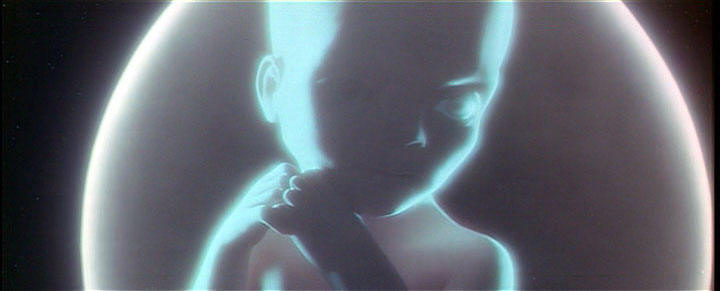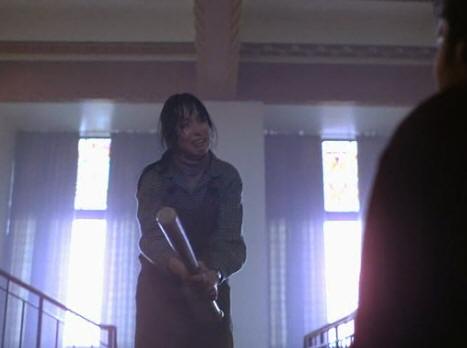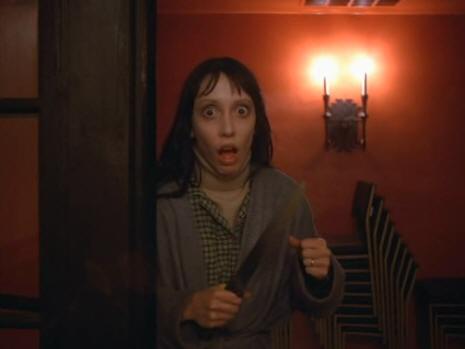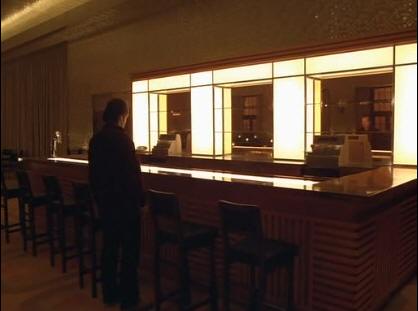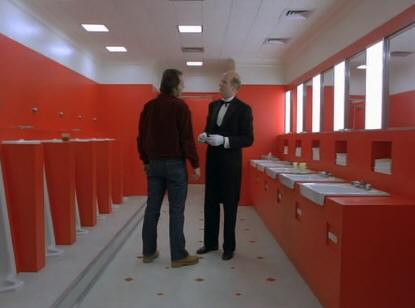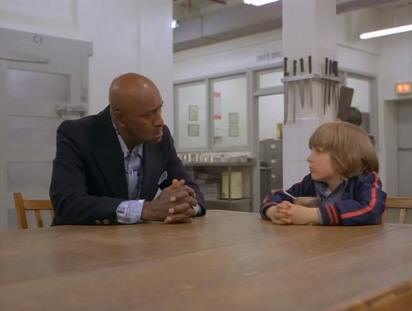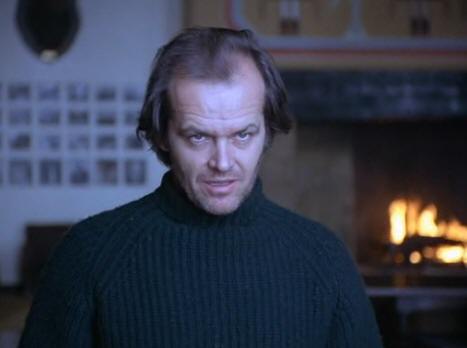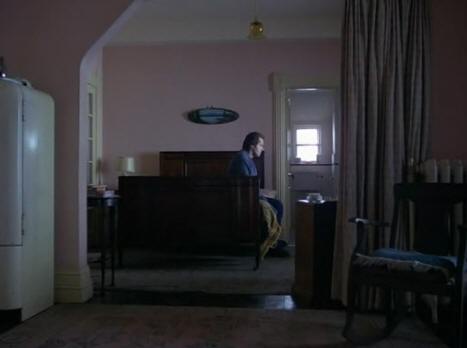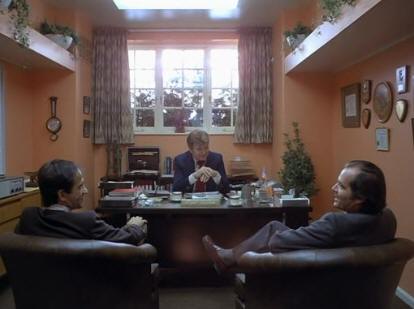CHAPTER FOURTEEN A frequent theme in Kubrick’s films is the concept of enlightenment or spiritual rebirth. In 2001: A Space Odyssey Dave Bowman’s stargate journey resulted in him being reborn as an illuminated child.
Full Metal Jacket also included a paradigm by which brainwashed soldiers were reborn as ghosts of their former selves into a battlefield that represented their own personal hell. In The Shining, enlightenment is so central to the film’s core meanings that it is even present in the film’s title. Being that Danny’s “psychic” visions are simply nightmares and trauma-induced amnesia, the word “shining” acquires a different meaning to that intended by Stephen King. In Kubrick’s cinematic symbology “shining” is a state of clear minded awareness, with particular reference to the process of awakening (awakening was also a central theme in Eyes Wide Shut). Each time Danny “shines” he is breaking through his own psychological barriers of amnesia, the final turning point of which is his nightmare revelations of fatherly abuse in the room 237 dream sequence. Enlightenment also occurs for Wendy. In her encounter with Jack in the Colorado Lounge she finally sees her husband for the abusive psychopath that he is, during which the giant windows blaze directly at the camera in all their glory. We, the audience, are “shining” with her.
Both Danny and Wendy gain strength from their enlightenment about Jack’s true nature. It enables them to fight their abuser. Wendy’s final moment of enlightenment about the hotel’s (America’s) history is when she sees the river of blood. In the close up of her watching in terror, a pair of white lights can be seen on the wall over her left shoulder. The perspective of these lights is identical to Wendy’s glaring eyes. This is important because the concept of enlightenment is often symbolized by bright, shining eyes, implying clear and all-seeing vision.
Enlightenment also occurs for Jack, but with the opposite effect. He is forced to see his own reflection in the Gold Room bar and lavatory mirrors, both of which are framed in bright white light.
So the concept of enlightenment is linked to mirrors because they are “shiny” surfaces that allow Jack to see himself externally. Rather than gaining strength through self-reflection, this form of “shining” drives Jack insane. Where as Danny’s pathology was initially divided by abuse and then reintegrated through enlightenment, the revelation of truth has the opposite effect on Jack. It causes him to go into denial and split his psyche in two because those who intentionally abuse others must always avoid seeing themselves externally for who they are. From this point on, Jack is tormented by imaginary friends, just as Danny was. Kubrick is cleverly and sincerely making use of the popular cultural phrase “take a good look in the mirror”? Incidentally, here’s another paradigm shift relating to imaginary friends in mirrors. During Danny’s conversation with Halloran, note that both characters are sat with their hands clasped in identical gestures. They are mirroring each other.
Is Danny really talking to Halloran or is he simply talking to himself again? Perhaps the confirmation can be found in that the wide shot shows Halloran positioned in front of the storeroom door. Remember that doors double up as mirrors in this film, and this particular door is the same one through which Jack spoke to his own reflection while hearing the voice of Grady. It’s very likely that this is simply another of Danny’s dream sequences. The concept of “shining” has other subliminal applications in the film. One clue is given in Halloran’s dialogue with Danny in the kitchen, “Some places are like people, some shine and some don’t. I guess you could say the Overlook has something about it that’s like shining.” This is true in a literal sense. In chapter four we explored how several windows in the Overlook could not exist due to hallways and rooms that existed behind the walls in which they were framed, yet we still see bright light shining upon the sets from seemingly non-existent exteriors. This paradigm communicates a concept of false enlightenment, which Jack is drawn to and hypnotized by. In the Colorado Lounge he is shown staring into the false light of the giant windows, utterly fixated, and when Danny finds him sat on the bed he is staring into the false light of the Torrance living room window, again seemingly hypnotized.
In Ullman’s office Jack makes a verbal reference to the allure of false enlightenment. Ullman, “When the place was built in 1907 there was very little interest in winter sports, and this site was chosen for it’s seclusion and scenic beauty.” We immediately cut to a wide shot of the window behind Ullman’s desk as Jack responds, “Well it’s certainly got plenty of that.” The resulting laughter from the three characters further supports the in-joke about the false light from the window.
The hotel does in fact shine. It gives off its own false light through false windows – an illusion of beauty. Jack again talks of his attraction to the Overlook’s false light while eating his breakfast, “I’ve never been as happy or comfortable anywhere. … I fell in love with it right away.” He then follows this up with a historical reference, “When I came up here for my interview it was though I’d been here before. I mean, I know we all have moments of déjà vu but this was ridiculous.” The popular interpretation of Jack’s déjà vu comment, and his youthful appearance in an old photo at the very end of the film, are generally taken as evidence of him having visited the hotel in a previous life. This is the simplest and easiest interpretation, but being that Kubrick has consistently used subliminals to disregard the supernatural narrative, is it likely that he would allow a concept like reincarnation to remain intact? In a later chapter we will explore whether Jack’s supposed reincarnation matches with the film’s finer details, but for now let’s identify who or what exactly is the source of false light that Jack is drawn to.
|
